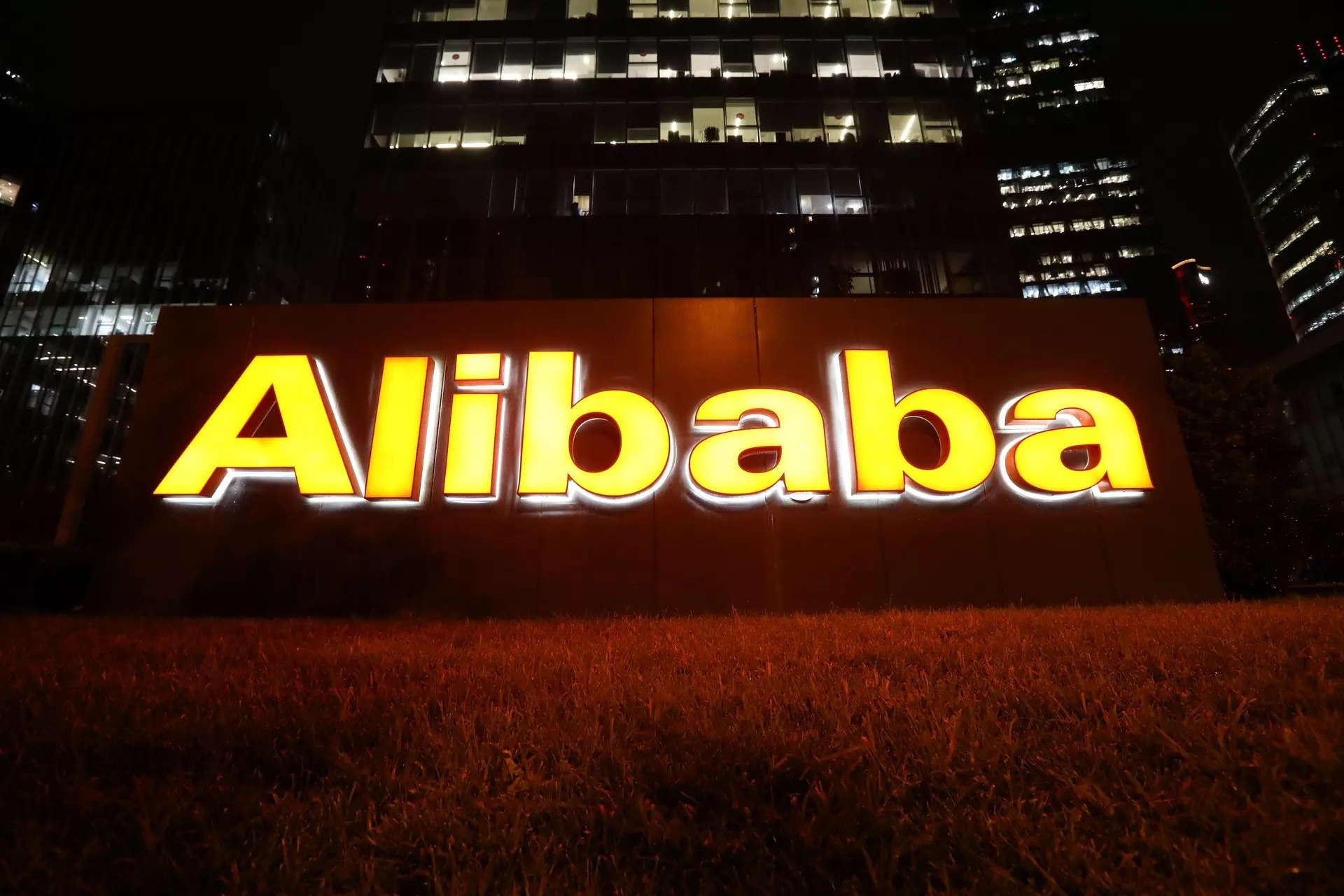[ad_1]
China’s Alibaba Group Holding and JD.com reported sales increases for Singles’ Day, after the e-commerce giants offered steep discounts to attract consumers to the country’s shopping extravaganza.
Alibaba said its gross merchandise value and order amount rose from as year earlier, while JD.com reported its orders hit new records. Neither company provided overall revenue figures for the event for the second consecutive year in a row.
The annual shopping blitz has been historically used as a barometer for Chinese consumption sentiment, which has been weaker-than-expected following the post-pandemic reopening.In October, China’s consumer prices fell back to below zero while producer prices declined for the 13th straight month, as deflation pressures deepened.
Singles’ Day this year focused on a low-price strategy to draw in reluctant consumers. Alibaba’s Taobao and Tmall business said its direct discount value that offered a 15% price reduction reached 210 million orders during its sales period, and that more than 400 brands this year exceeded 100 million in earnings.
JD’s credit payment business Baitiao brought together 400,000 brands and merchants to provide more than 1.5 billion yuan in subsidies for users. The company said more than 60 brands surpassed 1 billion in sales, and that almost 20,000 brands reported that transaction volumes tripled from a year earlier.
China’s postal delivery companies handled 639 million packages nationwide on Nov. 11, an increase of 16% from last year, the State Post Bureau said Sunday. The number handled in the first 11 days of November totaled 5.3 billion, jumping 23%, according to the bureau.
China’s tech giants, including Alibaba, JD.com, and Tencent, will all report earnings next week in a closely watched signal of how domestic consumption has recovered.
Alibaba said its gross merchandise value and order amount rose from as year earlier, while JD.com reported its orders hit new records. Neither company provided overall revenue figures for the event for the second consecutive year in a row.
The annual shopping blitz has been historically used as a barometer for Chinese consumption sentiment, which has been weaker-than-expected following the post-pandemic reopening.In October, China’s consumer prices fell back to below zero while producer prices declined for the 13th straight month, as deflation pressures deepened.
Singles’ Day this year focused on a low-price strategy to draw in reluctant consumers. Alibaba’s Taobao and Tmall business said its direct discount value that offered a 15% price reduction reached 210 million orders during its sales period, and that more than 400 brands this year exceeded 100 million in earnings.
JD’s credit payment business Baitiao brought together 400,000 brands and merchants to provide more than 1.5 billion yuan in subsidies for users. The company said more than 60 brands surpassed 1 billion in sales, and that almost 20,000 brands reported that transaction volumes tripled from a year earlier.
China’s postal delivery companies handled 639 million packages nationwide on Nov. 11, an increase of 16% from last year, the State Post Bureau said Sunday. The number handled in the first 11 days of November totaled 5.3 billion, jumping 23%, according to the bureau.
China’s tech giants, including Alibaba, JD.com, and Tencent, will all report earnings next week in a closely watched signal of how domestic consumption has recovered.
[ad_2]
Source link











More Stories
India’S Growth Forecast: S&P ups India’s FY’24 growth forecast to 6.4% on robust domestic momentum
India to remain fastest-growing major economy, but demand uneven: Poll
Jack Ma: Jack Ma gets back into business with ‘Ma’s Kitchen Food’